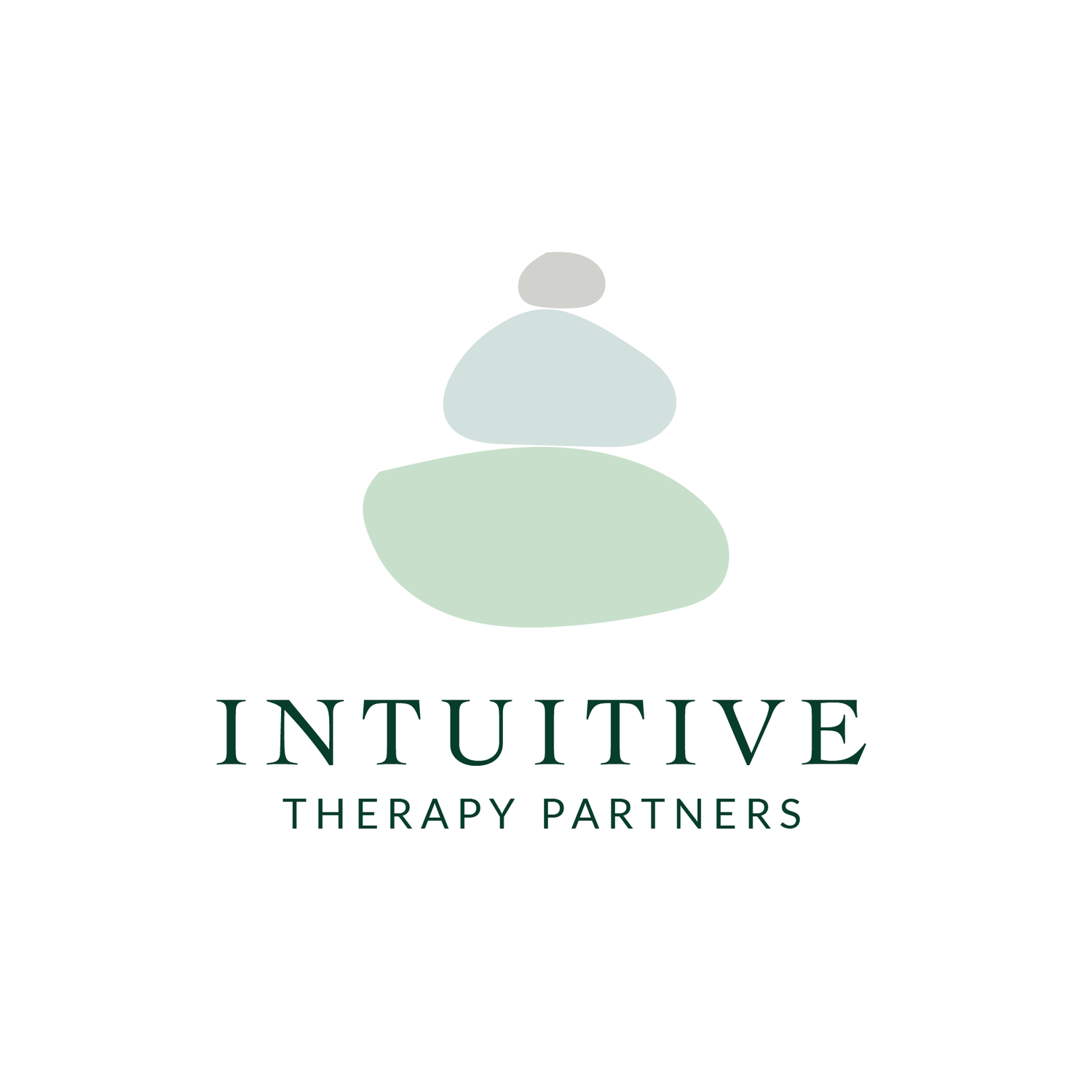Young Adulthood
Adulting is challenging…therapy can help you go from surviving to thriving
The transition from adolescence to adulthood can be challenging in many ways. After navigating highly structured schools and routines at their homes of origin, young people are often expected to quickly gain independence and thrive in a demanding and unpredictable world. Whether entering the workforce or attending secondary education, young adults assume various new responsibilities, from daily tasks like managing their new schedules, feeding themselves, and organizing their living spaces to more complex decisions like figuring out the meaning of their lives.
You may be an emerging adult if you are:
Independently navigating relationships. Many of us struggle to build new friendships or maintain old ones, especially at long distances. Young adults often struggle in their relationship with parents who are having a hard time letting them grow up, especially if they have grown beyond parents’ beliefs and values. Sometimes we feel pulled between being who we authentically are and the expectations of who others want us to be.
Adulting. Moving away from your home, paying rent, coordinating utilities, and taking on a job to make a living for the first time can feel overwhelming.
Discovering your purpose. Whether you are 18 or 29, the expectation that we should know what we want to do with our lives, where we want to live, who we want to do life with, or what career we are going to do next can make people feel like they don’t “have it together.”
The biggest questions that emerge as we move from adolescence to young adulthood:
Who am I? What is my identity? Who do I want to be around others?
What do I want to do? What should I do for a living, and how will it define me? What is my purpose, and who do I want to become?
Where do I fit in? How do I see myself independently and with others? Where do I belong and find community?
As an emerging adult, you may be feeling…
Confused or Stuck: You may feel like there are endless paths in front of you—school, career, relationships—but none of them feel quite right
Wandering or Lost: You may feel like you’re moving without a clear destination, drifting between jobs, degrees of study, places, or relationships while trying to figure out what truly fits
More questions than answers: You may be asking yourself, Who am I? What do I want? Where am I going? but struggling to find clarity
Overwhelmed or Stressed out: You may feel the weight of responsibilities—balancing work, studies, finances, or family expectations, etc.
Anxious or Depressed: You may feel worry, self-doubt, or sadness creep in, especially when it seems like everyone else has it “together” while you’re still trying to figure things out
We’re here to help.
At Intuitive Therapy Partners, our therapists offer compassion, connection, and care. We can support you as you craft your story and discover your identity, purpose, and where you truly belong. Together, we can work on:
Mindfulness - slowing down when life gets complicated
CBT - change how you think and address limiting beliefs
Somatic skills - listen to your body’s signals
Coping tools - resources to manage stress, difficult emotions and challenging situations
Interpersonal skills - building and maintaining healthy relationships, communicating effectively, setting healthy boundaries, and resolving conflicts
Authentic self - self-acceptance and self-compassion to become happier
Spencer Korte, LLMSW, is a clinical social worker at Intuitive Therapy Partners. He has experience working with adolescents and young adults navigating substance use and early adulthood issues. Spencer strives to create an atmosphere of trust and hope for his clients. He works with young adults and adults.


